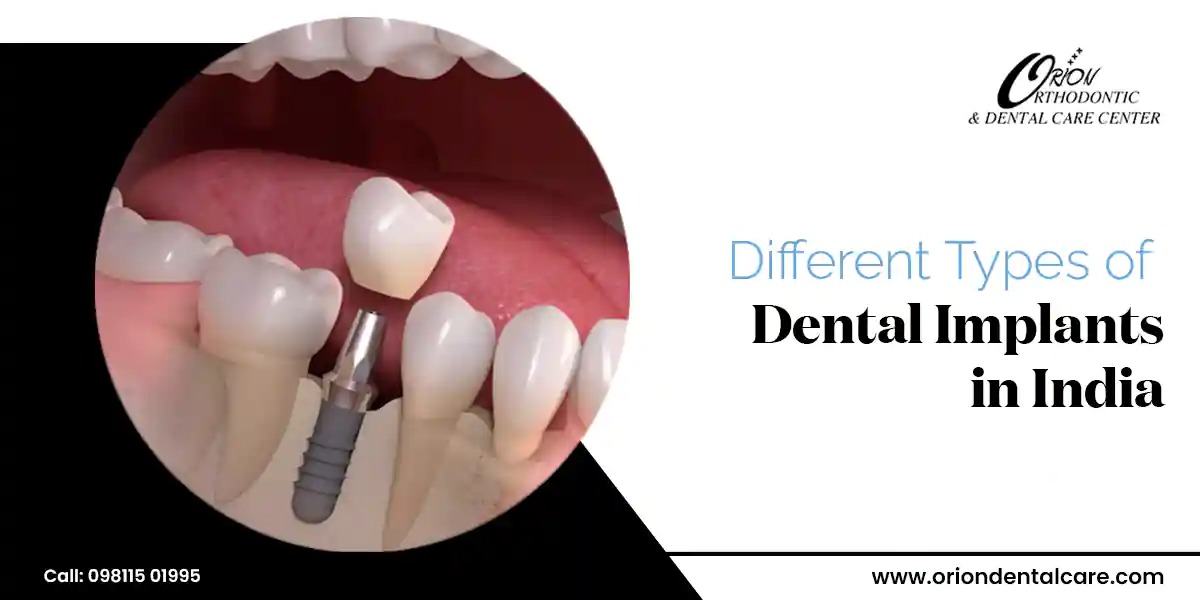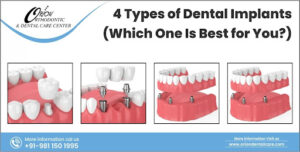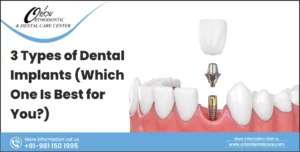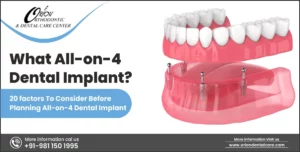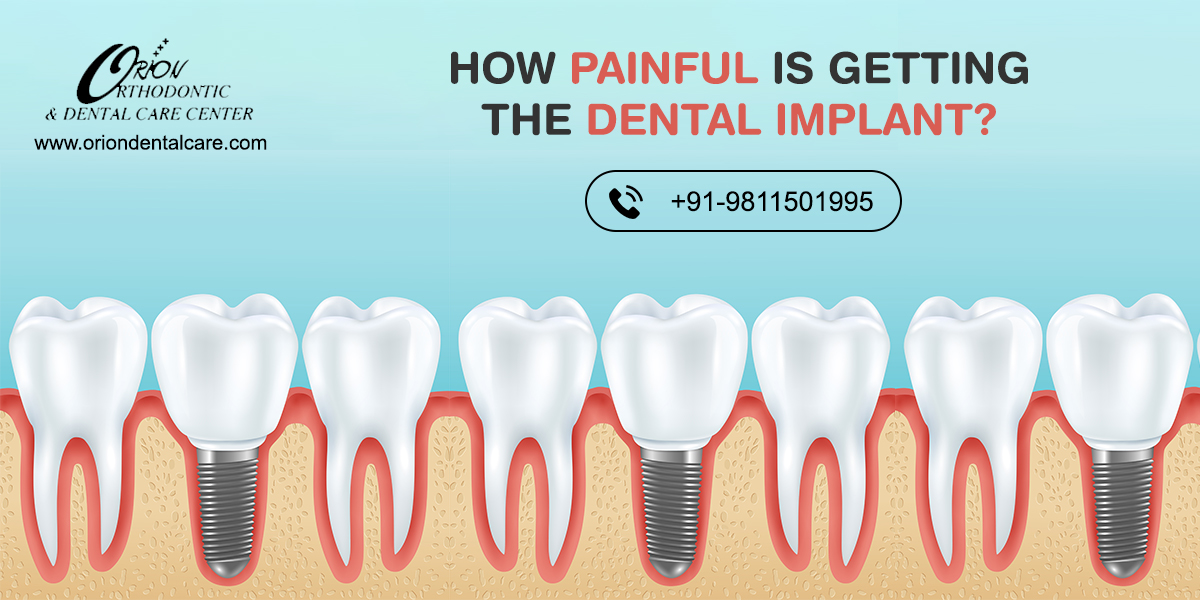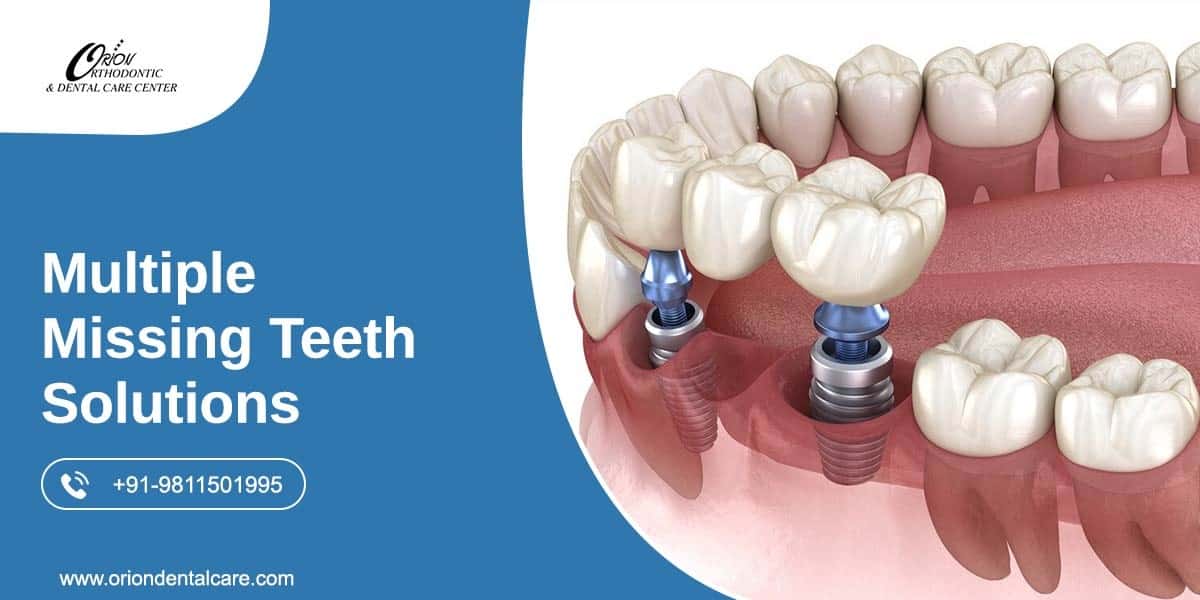Overview
Dental health is an essential part of our overall health, and maintaining a healthy smile is a top priority for many people. However, teeth can be lost for a variety of reasons, including trauma, tooth decay, and periodontal disease.
Fortunately, dental implants have become an innovative solution to replace missing teeth and restore not only the beauty but also the function of your smile. In this blog, we explore what dental implants are and how they provide a permanent, natural-looking tooth replacement solution.
What Are Dental Implants?
Dental implants are artificial tooth roots made from biocompatible materials such as titanium. They are surgically inserted into the jawbone and serve as a stable base for the replacement tooth. Dental implants are designed to fuse with the surrounding bone over time, providing a stable, long-term tooth replacement solution.
How Do Dental Implants Work?
The key to the success of dental implants is their ability to mimic the natural structure and function of teeth. A step-by-step overview of how dental implants work can be found here:
- Consultation and Planning:
- The process begins with a visit to the dentist or an implantologist
- At this stage, your dentist will assess your oral health, take X-rays, and discuss treatment options.
- A personalized treatment plan is created, taking into account your specific needs and the number of missing teeth to be replaced.
- Implant Placement:
- The implant placement procedure is usually performed in stages. In the first step, the implant is surgically inserted into the jawbone below the gum line.
- A healing period of several months is required after implant insertion.
- During this time, the implant integrates into the bone through a process called osseointegration, creating a strong and stable base.
- Abutment Attachment:
- Once the implant is fully integrated into the bone, the abutment is attached to the implant. The abutment acts as a connection between the implant and the replacement tooth.
- Restoration:
- The final step is to insert the replacement tooth. This can be a crown, bridge, or denture depending on the number of missing teeth being replaced.
- Replacement teeth are custom-made to match the color, shape, and size of your natural teeth for a seamless, natural look.
Advantages of Dental Implants
- Improved Aesthetics:
Dental implants look and feel like natural teeth, improving your smile and facial appearance.
- Restored Function:
Dental implants allow you to bite, chew, and speak safely, just like your natural teeth.
- Lifespan:
With proper care, dental implants can last a lifetime, making them a permanent solution for tooth replacement.
- Maintain bone health:
Dental implants help maintain the integrity of your jawbone by preventing bone loss that can occur if you lose a tooth.
- No impact on adjacent teeth:
Unlike traditional dental bridges, dental implants do not rely on the support of adjacent teeth, thus preserving the health of your natural teeth.
Takeaway
Dental implants have evolved the field of dentistry by delivering a reliable and long-term key for substituting missing teeth. Dental implants offer numerous benefits by mimicking the natural structure and function of teeth, including improved esthetics, restoration of function, and bone preservation.
If you are considering tooth replacement, contact the dentists at Orion Dental Clinic to determine if dental implants are the right choice for you. Remember: A healthy, confident smile is just around the corner with implants!









